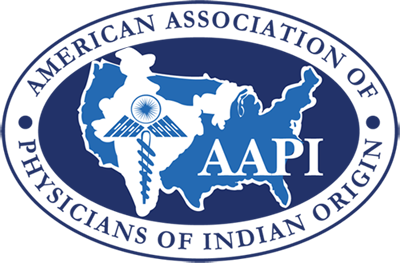It’s a Monday night. I’m fumbling through a desk drawer looking for a pen and a sheet of paper.
I just want to put some thoughts down on paper. Sure, I can open the notepad on my phone and start speaking and presto, it’s there, typed, misunderstood word typos and all. But I want to use my fingers and feel the pen do its magic on paper. There’s a sense of clarity when you see your own thoughts on paper in your own handwriting. You own that thought, no one else.
There’s a level of freedom writing on paper rather than writing on a laptop. It’s not saved on a hard drive or the cloud; it’s folded and tucked away in a personal space somewhere. When pen meets paper, there’s also the challenge of accessing your own memory to get the spelling and grammar correct, you know the stuff of grade school. That’s a good thing. It holds more meaning.
On this Monday night, Star Trek and myriad other sci-fi flicks and shows are doing wormhole maneuvers in my brain, as I scribble my bad handwriting on a sheet of paper. I’ve always loved science fiction. In youth I dreamt of owning the gadgets used in Star Trek. How cool would it be to transport oneself with ease anywhere the transporters are connected? Go have lunch in Amdavad and dinner in Bali. Breakfast in Austin. Ah, the seduction of all those gadgets and technology. The communicators. Warp drives. The long-range scanners. Tricorders. Androids.
Some of these are of course becoming reality. They are no longer science fiction, but science fact. Case in point, the communicators that we carry around all day, fitted with access to the world, the good the bad and the evil of Planet Earth, all at our fingertips at all times. Today’s long-range scanners are essentially our orbiting satellites and cell phone towers, without which GPS or streaming and much communication would not be possible.
Alas, the more we now advance technologically, the more I want to hit the pause, maybe even back up a bit, at least as far as gadgets are concerned. I would have loved to have had C3PO as a companion in the past, now I’m not so sure. Artificial intelligence will ease our lives further, but I prefer human connection more, its warm breath, its beauty and warts and its emotional roller coasters.
Of course, AI (Artificial Intelligence) cannot exist without HI (Human Intelligence), but the devil is in the word “artificial.” I don’t need my cell phone to tell me to get up and move around because I’ve been sedentary for a while. The hell with you little device, I can count my daily steps myself, thank you very much. I’m nowhere as excited about gadgets, robots and artificial intelligence as I was decades ago. Even though now we are living in that age.
The GPS narrator guides every turn and twist when you drive that you follow subconsciously, which of course saves time and keeps you from getting lost, but it’s also controlled and self-limiting. The instinctive human ability of direction and exploration guided by millennia of movement and migration is being scrubbed down to a smooth surface of numbness via reliance on gadgets. If you are out exploring, sometimes it’s good to get lost and find your way back. Do it on your own. Guide yourself by your directional instinct, the location of the sun and the stars, if you will. Stop and ask for directions. You just may discover something new, maybe even some long-lost abilities in yourself.
We think we are doing more with tech; the devices, outside of convenience and productivity (yeah, ok I get it, but that’s not the point here), are snatching more of our precious time. Besides, we traveled, partied, communicated, ran businesses, made love, and changed the world just as much, with minimal tech, in the past.
Now, instead of dreaming of taking off on a starship, I’m thinking about my next car, an American classic roadster that has minimal technology except maybe an old school radio. I’ll stash paper maps in the glove compartment and hit the road. Yeah, go ahead and laugh. I’ll use my sense of direction, channeling the spirit of ancient explorers, and will see you, out there, that way, somewhere, on the other side of the trek, less a techie, but an avowed trekkie.
———-
Samir Shukla is the editor of Saathee magazine. Contact – Samir@saathee.com



